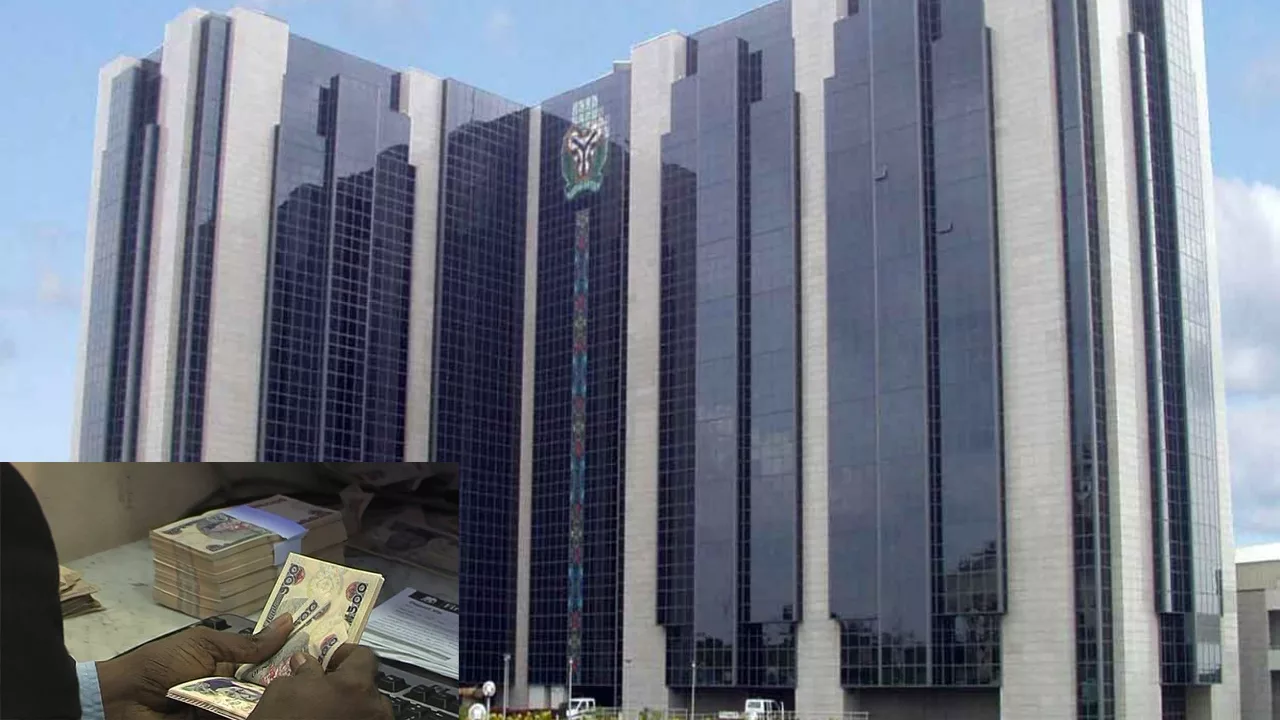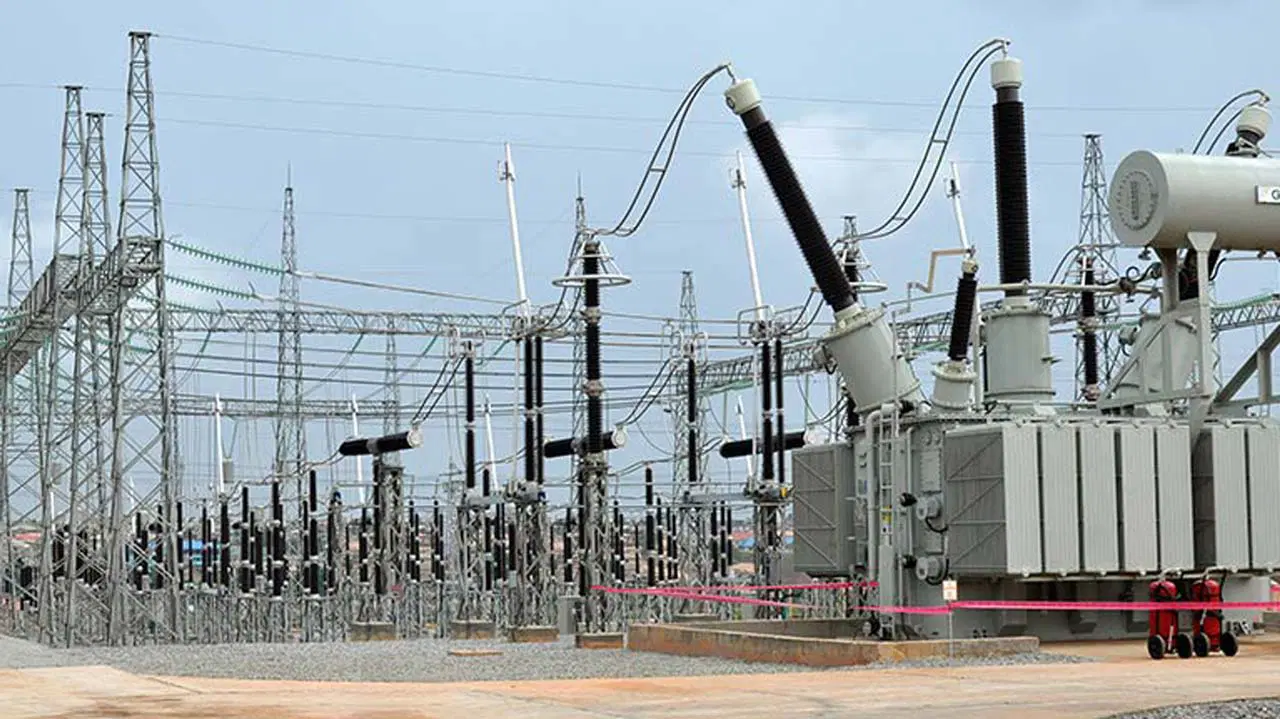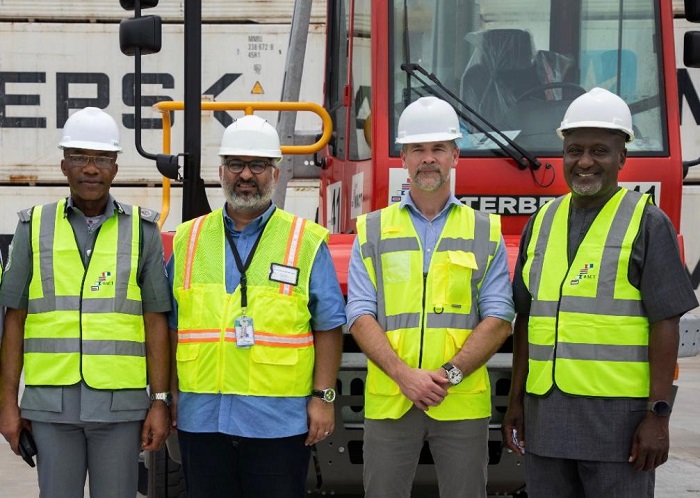Airfares are soaring daily in the country as touts have taken over ticketing and flight booking in some airports.
LEADERSHIP reports that despite passengers paying a princely N250,000 for a one-hour flight, for instance, from Lagos to Abuja, fare hikes, flight delays, and cancellations continue unabated at the nation’s airports, especially Lagos and Abuja.
Stakeholders in the aviation sector have blamed the nuisance of racketeering on the reduction in the fleet of local airlines operating, which may have led to an increase in ticket prices and racketeering among airline staff and touts at the airports.
LEADERSHIP gathered that the reduction in local airlines’ fleets was due to an increase in the number of grounded aircraft of different operators due to volatility in the foreign exchange, as well as Dana Airline’s suspension by the Nigerian Civil Aviation Authority (NCAA).
According to experts, the number of airline passengers has remained the same in the last year, and airline seats have shrunk due to the challenges bedeviling the sector.
This development has further reduced the number of serviceable aircraft in the country, which has led to ticket racketeering as fewer seats are available for thousands of airline passengers across the country.
For instance, the Lagos-Abuja route has seen more passenger glut than others as airlines now charge as high as N250,000 or more for a 45-minute one-way economy ticket.
In the last year, 13 domestic airlines operated about 91 aircraft in the country, but now a half of the aircraft have been suspended due to maintenance checks and suspension by the civil aviation authorities, thereby putting pressure on the few available aircraft.
The airlines still in operation are Aero Contractor, Air Peace, Arik, Azman, Dana, Green Africa, Ibom Air, Max Air, NG Eagle, Overland, Rano Air, United Nigeria Airline and ValueJet.
But Dana Air, a low carrier airline, has six of its aircraft grounded by the NCAA after the minister of aviation, Festus Keyamo, recommended its suspension over a runway excursion it had recently.
Also, exchange rate volatility has trapped several aircraft on maintenance checks abroad.
Speaking to LEADERSHIP, travel expert and aviation commentator, Olumide Ohunayo, said only a few aircraft had been deployed to serve domestic route passengers as Nigerian airlines struggle with fleet reduction due to high maintenance cost.
According to Ohunayo, the reduction in fleet has been responsible for ticket racketeering among airlines’ ticketing staff, touts, and desperate passengers.
He also disclosed that airlines cash in on the rush of passengers by selling business class seats as economy seats.
“We have fewer seats chasing the same number of old passengers. Passengers haven’t increased, but the seats have been lowered by Dana Air, which was shut down by the NCAA, and other airlines have not been able to go for lease arrangements due to the foreign exchange crisis in the country. Also, airlines that have gone for maintenance haven’t returned, so lower aircraft seats are pursuing the same high numbers of passengers.
“Also, passengers won’t grow when fares are high, and when fares are high in Nigeria, official and unofficial racketeering comes into play. We will see touts conniving with airlines’ staff to block seats ahead only to sell at exorbitant prices for those who go to the counter to pick up their tickets. Anyone who goes to the counter to pick a ticket will pay higher,” Ohunayo stated.
He posited that to stop racketeering, more airlines should enter the sector with the approval of Airline Operating Certificates (AOC) and encourage the establishment of more Maintenance Repair and Operations (MROs) outfits in the country.
“Official racketeering is when airlines will sell first class or premium economy seats to you but, basically, it is economy you are purchasing. However, because the passengers are eager to travel, they board the flight. So, supply has dwindled, but demand has not increased. To have more seats, we should encourage those applying for new AOCs to come in and see how we can expedite the process of clearing aircraft parts brought in by operators and expedite support for those in the process of starting MROs and those presently operating.
“Also, we need to see how to support the operation of local airline operators with clean accounting books to get more facilities for their operations,” he said.
Ohunayo, who is also the director of research at Zenith Travels, said racketeering and high capacity were problems that currently occurred on routes where Dana operated.
“The withdrawal of Dana’s licence and the grounding of aircraft that can’t go on maintenance due to lack of foreign exchange have reduced fleet size.
“The grounding of Dana is a major problem. We need to find a way around this capacity problem and seat availability. The number of passengers has not increased, but aircraft have dwindled. The passengers are really suffering during this period,” he said.
On his part, the former Commandant of Murtala Muhammed Airport (MMA), Lagos, Capt. John Ojikutu (retd), said to stop touts from cashing in on passenger surge and engaging in racketeering at the airports, all local airline operators should process their passengers through Computer Assisted Pre-Passenger Screening (CAPPS).
Ojikutu, the chief executive officer of Centurion Aviation Security and Safety Consult, further stated that airlines should not sell tickets inside the passenger terminal where checking-in takes place, but outside.
“Who are those touting, and for which airlines? Were the tickets bought online or from whose tables or pockets and with which names?” he asked.
“It is not difficult to find out if each airline has CAPPS, which must be approved by the NCAA. Passengers not processed through CAPPS should not be allowed into the airport terminal buildings through the Access Control.
“Airlines should not sell tickets inside the passenger terminal where the checking-in occurs but outside. It is not new, and it was practised in the 80s when passengers would travel with tickets that bore other people’s names. The daughter of a former governor who died in the Nigeria Airways plane crash in Enugu was a victim of ticket racketeering,” Ojikutu, former general secretary of Aviation Round Table Initiative (ART), stated.
When contacted about alleged racketeering in their terminal, Bi-Courtney Aviation Services Limited (BASL), the operator of Terminal 2, Murtala Muhammed Airport, dismissed reports that ticket racketeering and touting were occurring within the terminal.
A statement by Bi-Courtney’s head of corporate communications, Ajoke Yinka-Olawuyi, described the assertions as unfounded and lacking in credible evidence.
She added that their terminal security is strict and designed to combat any illegalities of such a pattern.
“MMA2 operates under stringent security and operational protocols designed to prevent such activities. Our internal monitoring systems have found no indications of intentional hoarding of air tickets or collusion between airline staff and touts to inflate ticket prices.
“The rumours further allege that touts within the terminal use private PoS machines to facilitate fraudulent payments. At MMA2, all ticket transactions are conducted at the airlines’ sales booth using their official means of payment provided by the airlines.”
Quoting the company’s airlines manager, Bisola Ademola-Davies, Yinka-Olawuyi said, “MMA2 is in continuous discussion with airlines to ensure that their processes and practices do not leave room for anything that could undermine a seamless passenger experience, which is what we pride ourselves on. Our collective efforts have significantly curtailed illegal activities, and we remain steadfast in our commitment to maintaining this progress.”
Bi-Courtney, however, vowed that anyone found engaging in illegal activities within the terminal would be blacklisted.

 4 months ago
49
4 months ago
49















 English (US) ·
English (US) ·